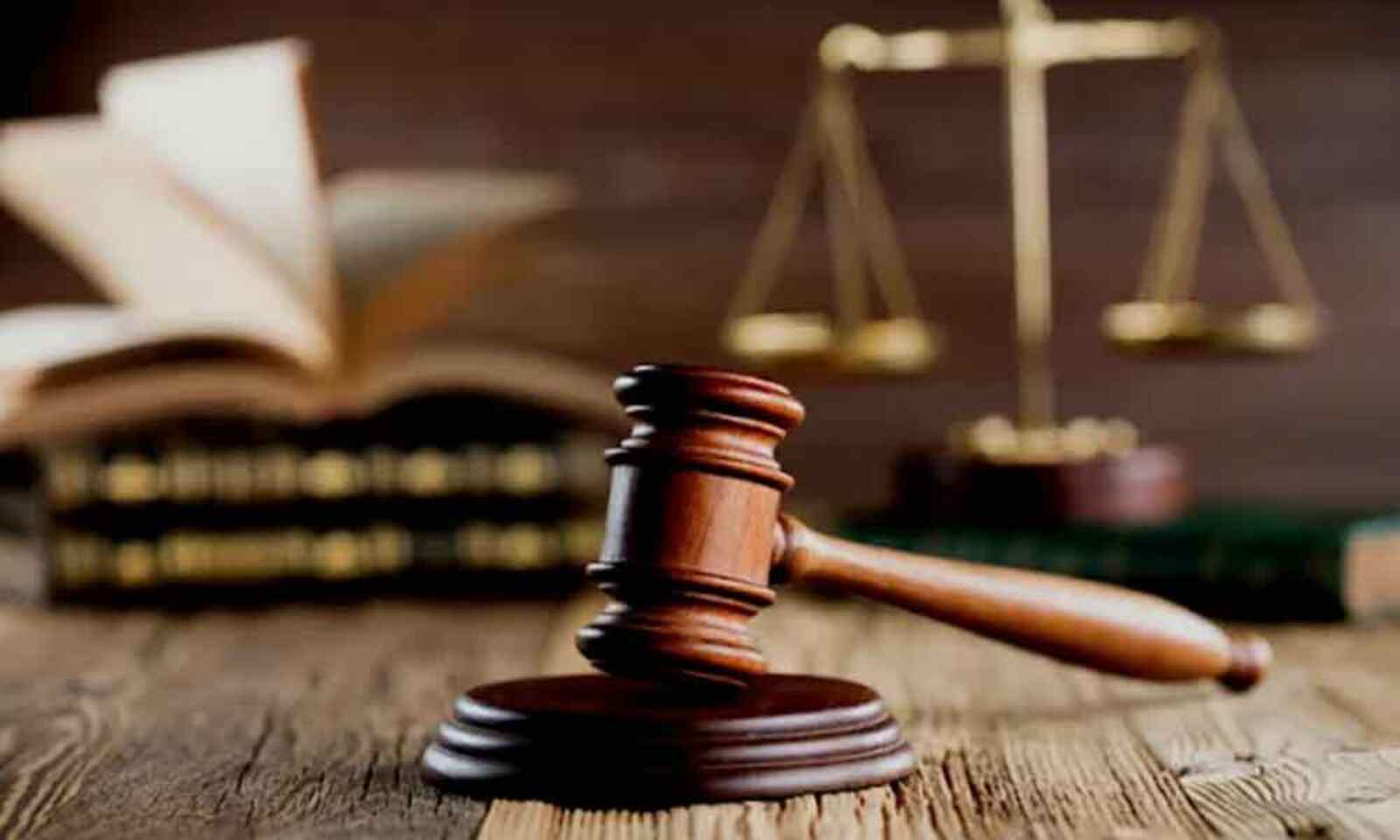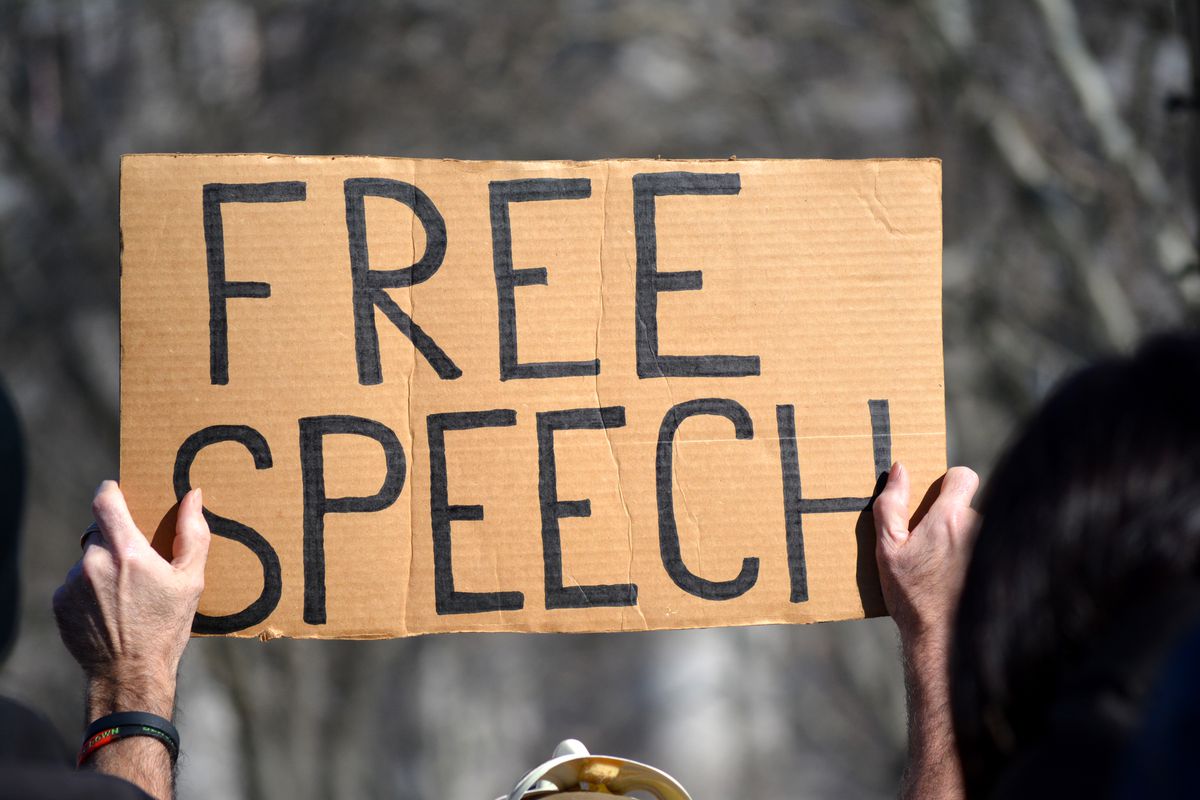An eight-member bench of the Supreme Court found that no additional reasonable constraints can be envisioned on freedom of expression beyond those currently stated in Article 19. (2). These include issues related to public order, decency, defamation, and incitement to crime, as well as the sovereignty and integrity of India, the security of the state, and friendly ties with foreign powers. If a law restricting free expression is proposed by the state but does not fall into one of these eight categories of “reasonable limits,” it may be challenged and overturned.

Articles 19(1) (free speech) and 21 (right to life and personal liberty) rights are enforceable against private entities, and the state is obligated to defend these rights even when they are violated by non-state actors, as was reaffirmed in the 4-1 verdict. SC emphasises the significance of this remembrance. The lives, freedoms, and opportunities of many average people are restricted by more powerful factions. It’s a signal for law enforcement to go after the vigilantes — including many politicians — who suppress the rights of their fellow citizens.
Those who were hoping pastors who made offensive words would be disciplined may have been dismayed by the majority decision. However, the Supreme Court made it plain that ministers’ individual remarks were insufficient to invoke the collective duty of the cabinet, calling this approach impracticable when a prime minister or chief minister is politically weak and/or heads coalitions. Furthermore, only when the remark has caused harm or losses to the complaint may a constitutional tort be invoked to secure damages.

The majority and the minority verdicts (the latter written by Justice BV Nagarathna) strongly maintain free expression notwithstanding this result, which is extremely rational. Misuse of IPC provisions that derive their validity from Article 19(2)’s reasonable limits is something that judicial pronouncements cannot solve.
A complaint to the police can be filed by anyone who feels their feelings have been injured as a result of comments made against religion, caste, or criticism of a politician or public official. They, along with police, should take to heart the majority judgment’s wise words: “The emphasis even in the Preamble on ‘fraternity’ is an indication that survival of all fundamental rights and survival of democracy itself depends upon mutual respect, accommodation, and willingness to coexist in peace and tranquilly on the part of citizens.”

